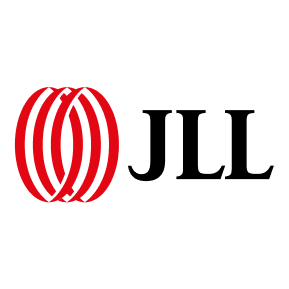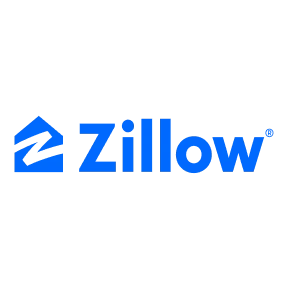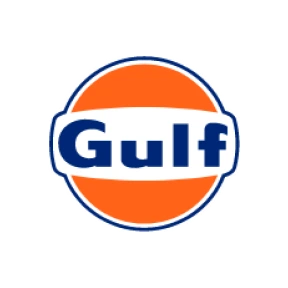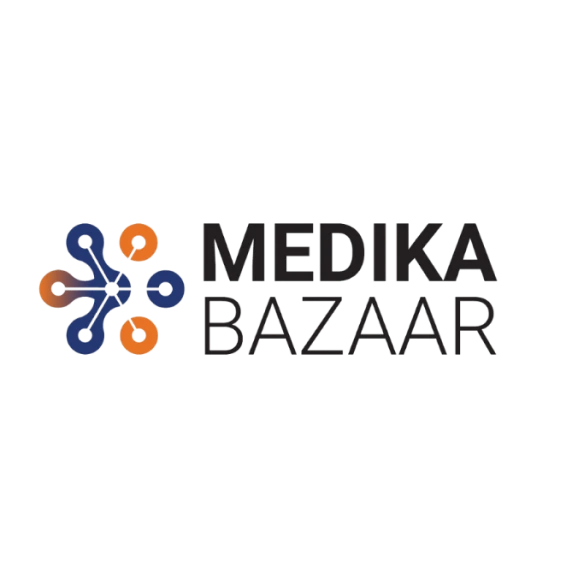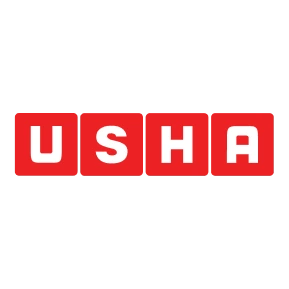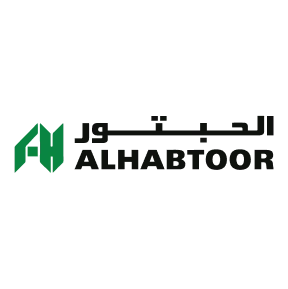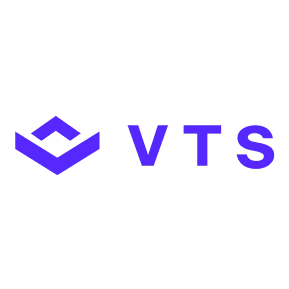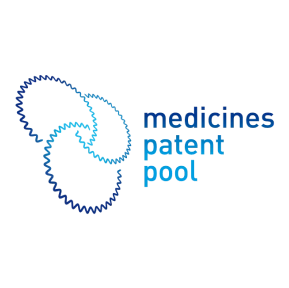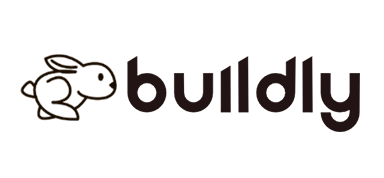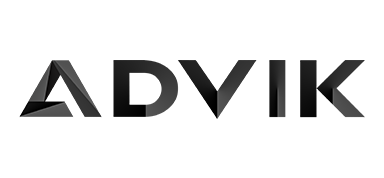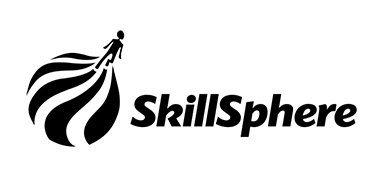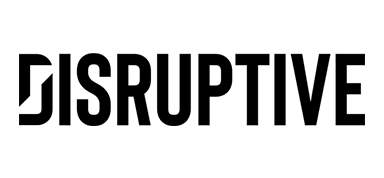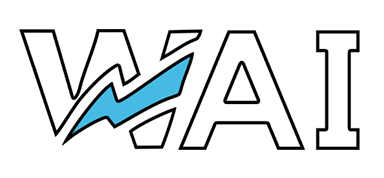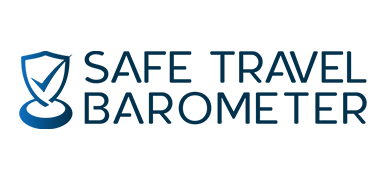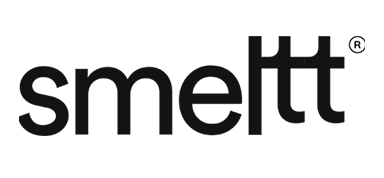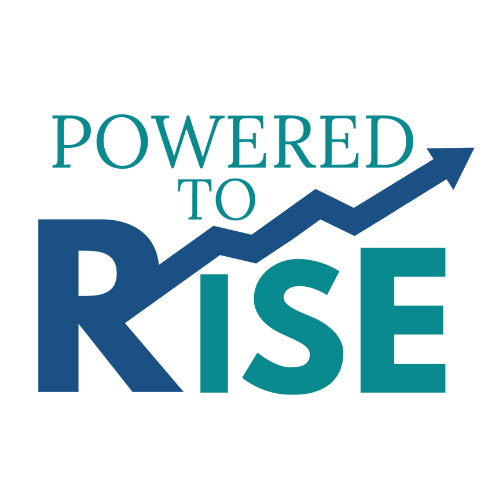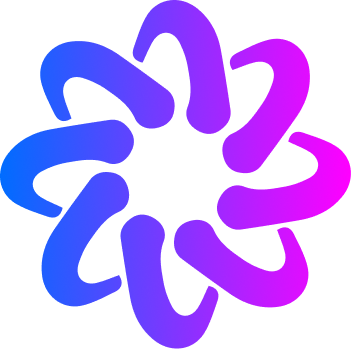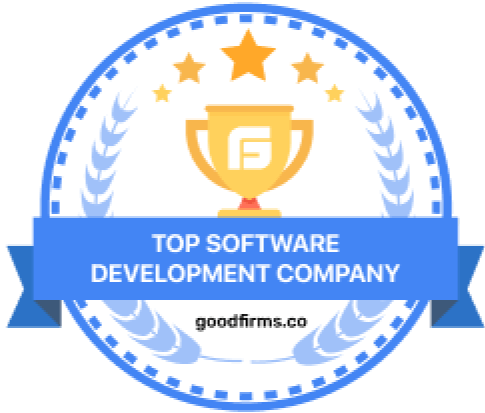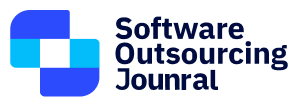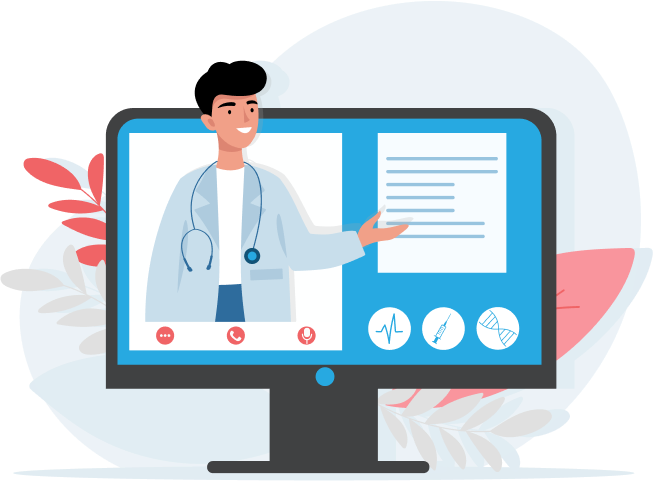
Brands That Love Us

How Can Custom Healthcare Software Help?
Streamlining medical services, healthcare software solutions elevate operational efficiency and patient care. By utilizing secure applications and online platforms, healthcare providers efficiently manage patient records, facilitate seamless transactions, and gain access to personalized insights. AI-driven healthcare apps, for example, perform real-time patient data analysis, enabling healthcare professionals to effortlessly make informed decisions and improve patient outcomes.
Why Opt For Our Services?
Opt for Ajackus for tailored custom health software development. Our focus is on simplifying technology, enhancing efficiency, and refining user experience to elevate your healthcare operations.
- Remote Patient Monitoring
- Health Risk Assessment Tools
- Chronic Disease Management Apps
- Wellness and Fitness Apps
- Prescription Medication Adherence Solutions
- Mobile Health Clinics
- In-Home Health Visits
- Healthcare Data Security Consulting
- HIPAA Compliance Audits
- Hospital Information System (HIS)
- Radiology Information System (RIS)
- Laboratory Information Management Systems (LIMS)
Why Choose Our Healthcare IT Solutions?
Our software engineers continually upgrade systems, refine user experience, manage technical debt, and strengthen the competitive position for healthcare institutions.

Efficient Electronic Health Record (EHR) Integration
We ensure efficient integration of Electronic Health Records (EHR), providing a seamless experience for healthcare professionals and enhancing patient care.

Intuitive User Interface Design
We prioritize intuitive user interface design in our healthcare solutions, ensuring ease of use for both healthcare providers and patients.

Personalized Care Plans
We develop personalized care plans, leveraging technology to tailor healthcare interventions based on individual patient needs and preferences.

Responsive Customer Support
What our Clients are Saying

23 Reviews

FAQs
Healthcare technology solutions play a vital role in enhancing patient outcomes by streamlining processes and improving care delivery. Electronic health records (EHRs) enable comprehensive and real-time access to patient information, facilitating more informed clinical decisions. Integration of technology also supports telemedicine services, allowing patients to receive timely care remotely. Additionally, advanced analytics and predictive modeling empower healthcare providers to identify potential health issues proactively, leading to more effective preventive interventions and personalized treatment plans.
Implementing healthcare technology solutions presents challenges such as initial investment costs, staff training, and potential resistance to change. Integration of disparate systems and ensuring interoperability can be complex. Cybersecurity concerns also require attention to safeguard patient data. Overcoming these challenges requires a strategic approach, collaboration between stakeholders, and ongoing support to ensure a smooth transition to technology-driven healthcare solutions while addressing organizational concerns.
Healthcare technology solutions contribute significantly to care coordination by facilitating seamless communication and information sharing among different healthcare providers. Interoperable systems enable the exchange of patient data, ensuring that all providers involved in a patient’s care have access to relevant information. This leads to more coordinated and collaborative decision-making, reducing the likelihood of redundant tests or procedures. Ultimately, healthcare technology solutions support a patient-centric approach to care by fostering better communication and collaboration among diverse healthcare teams.
Yes, healthcare technology solutions can greatly improve the efficiency of administrative processes within healthcare organizations. Automation of tasks such as appointment scheduling, billing, and claims processing streamlines workflows, reducing administrative burdens. Electronic health records (EHRs) centralize patient information, minimizing paperwork and enhancing data accuracy. Advanced analytics also enable data-driven insights into operational efficiency, allowing organizations to make informed decisions for process optimization. The integration of technology in administrative tasks not only improves efficiency but also contributes to overall cost-effectiveness and better resource allocation.
The implementation of healthcare technology solutions has a positive impact on patient engagement by providing tools for increased interaction and empowerment. Patient portals and mobile apps allow individuals to access their health information, schedule appointments, and communicate with healthcare providers. Remote monitoring devices and wearables further engage patients in managing their health actively. This enhanced connectivity fosters a sense of partnership between patients and healthcare providers, leading to improved adherence to treatment plans and a more patient-centric approach to care.
